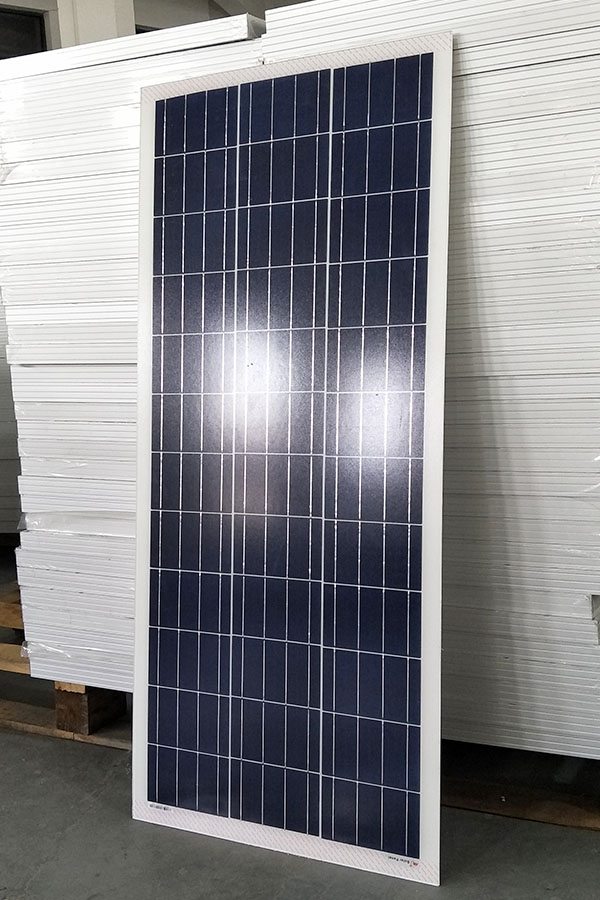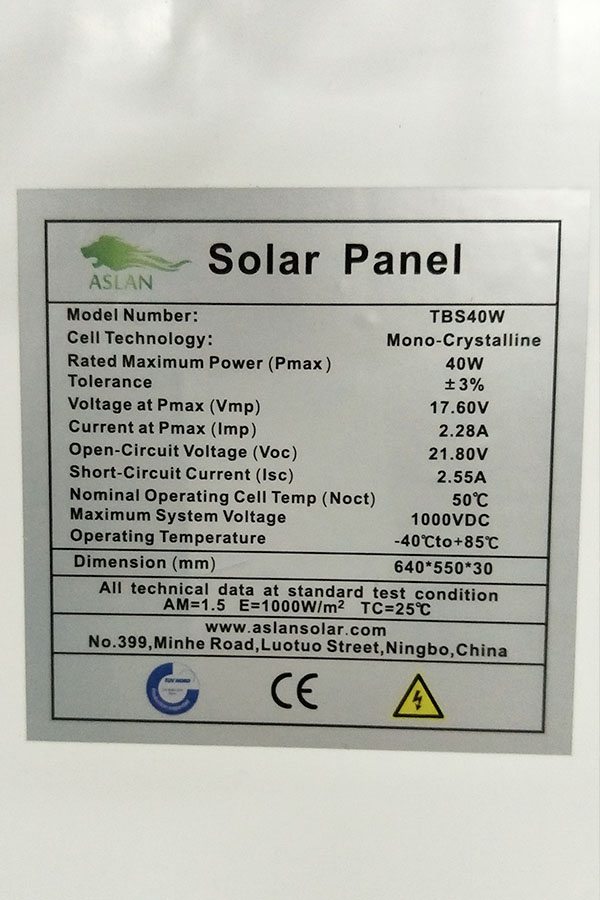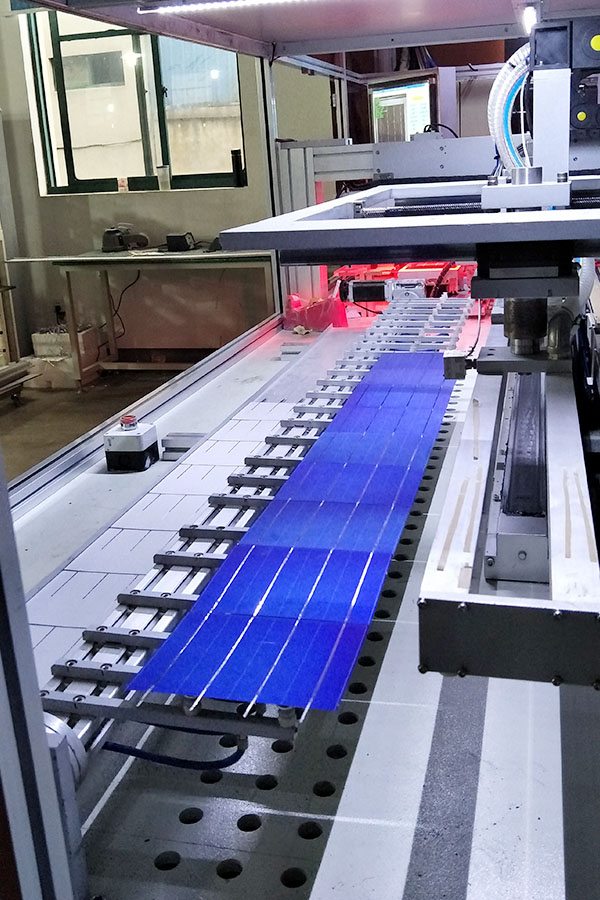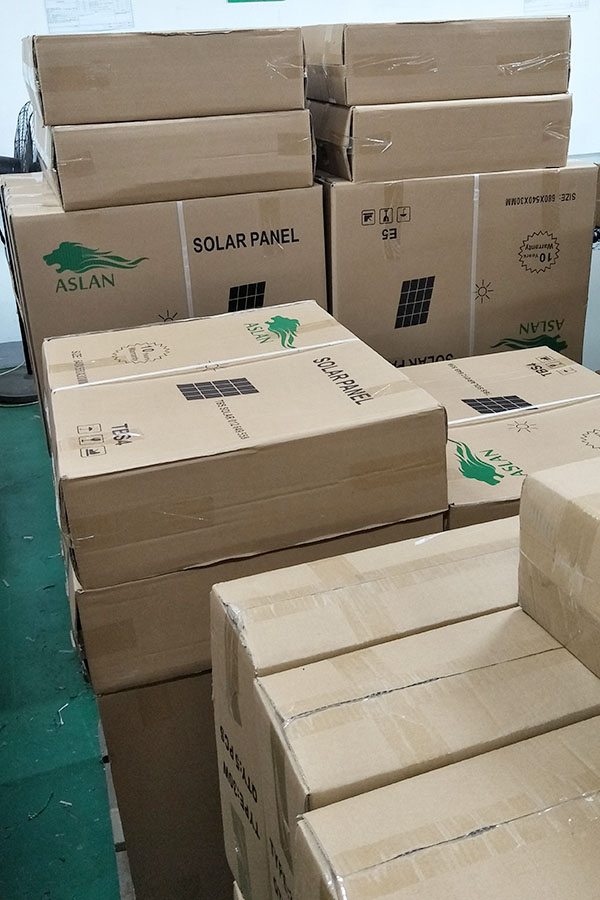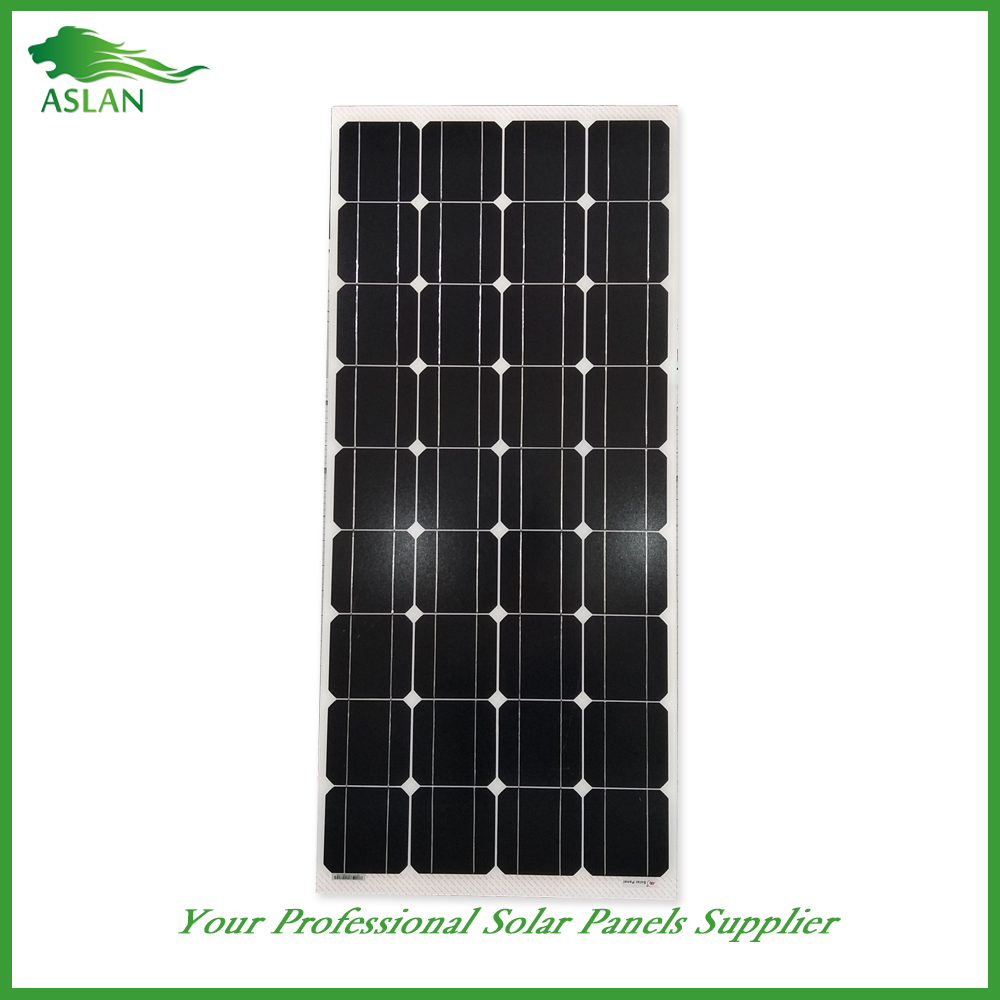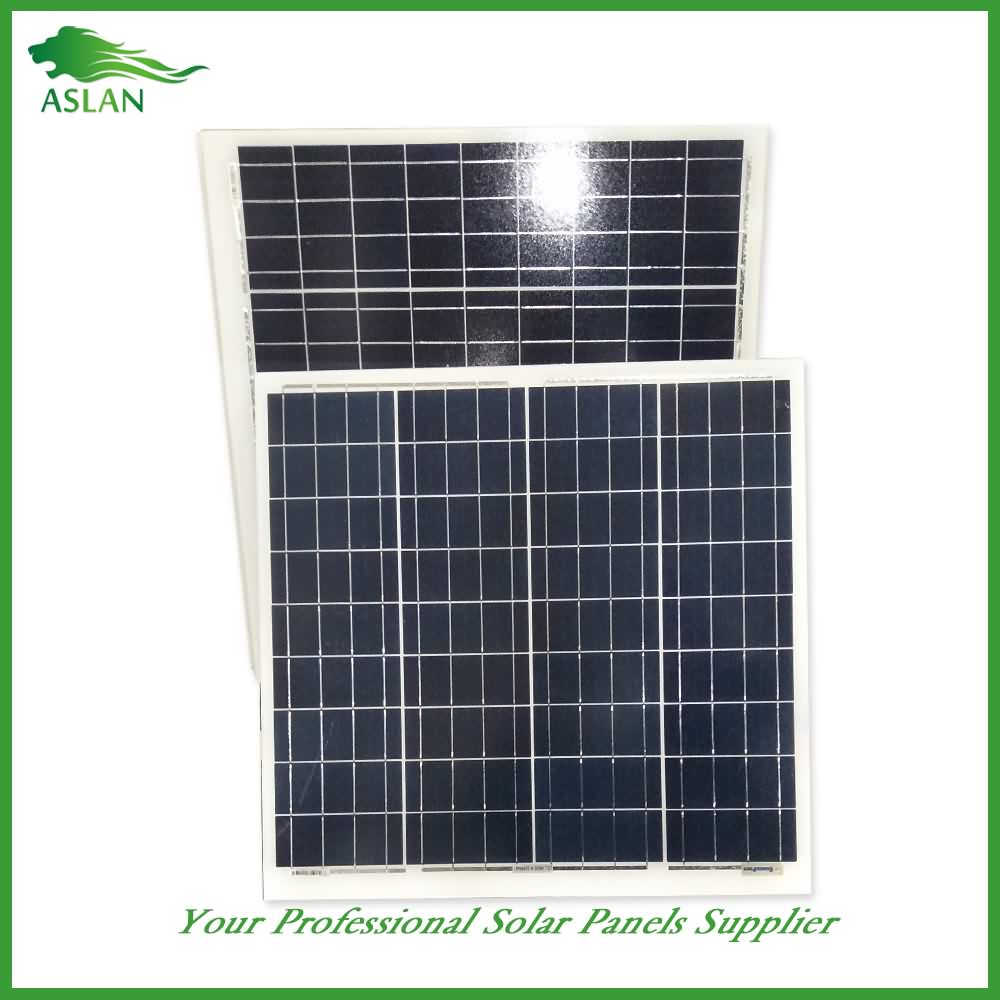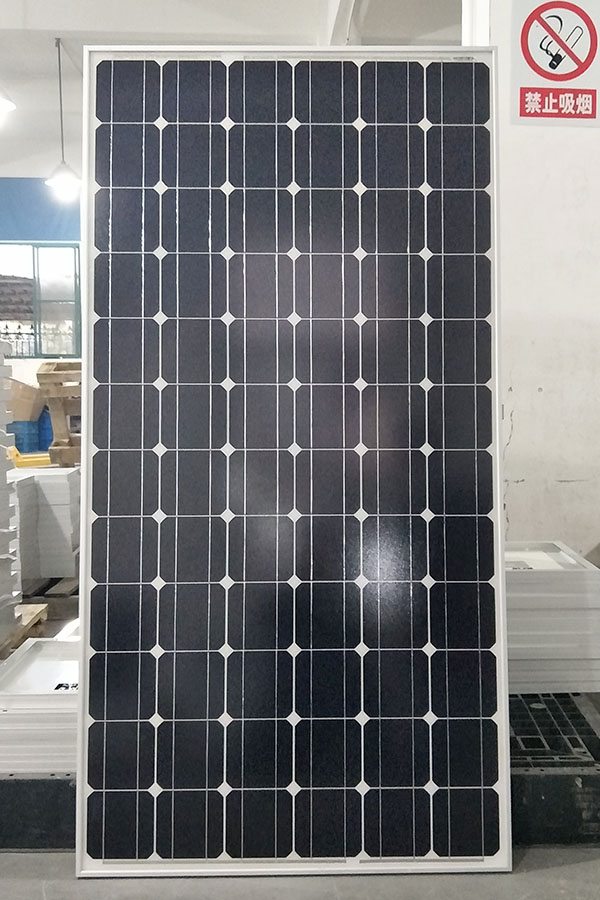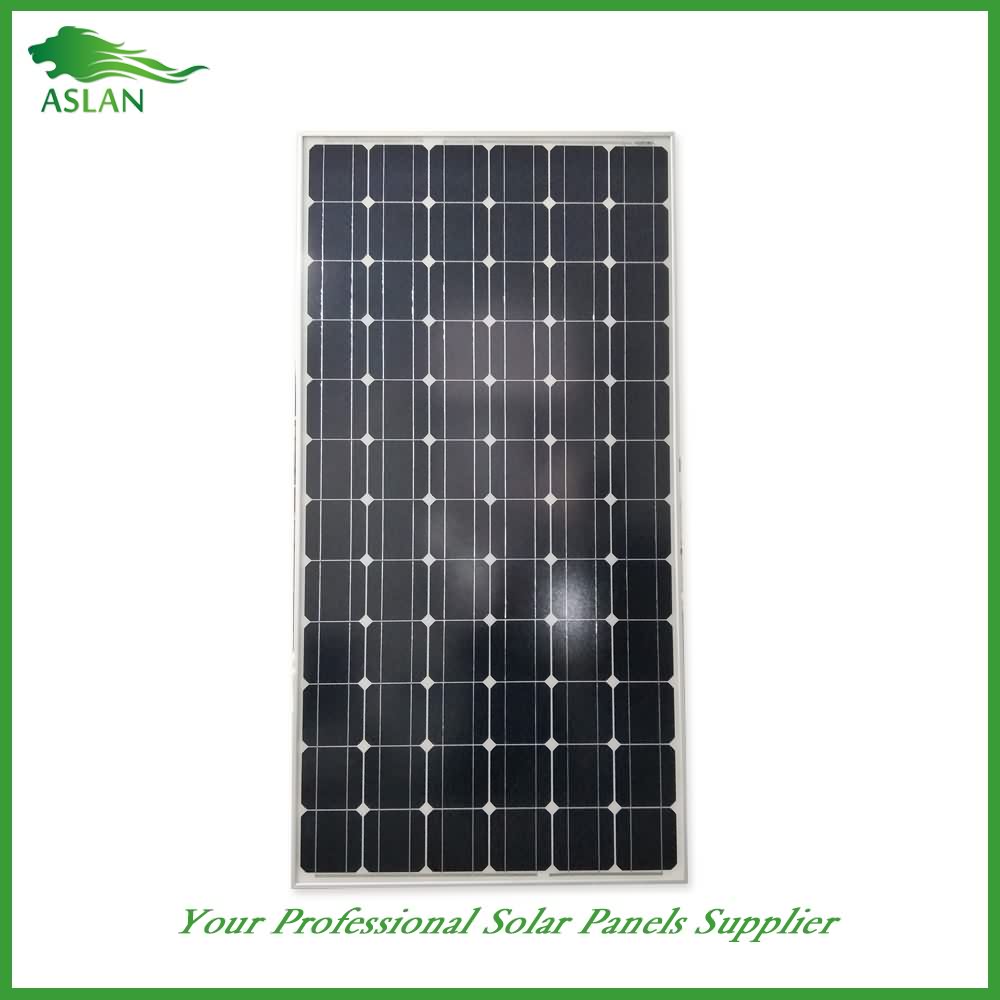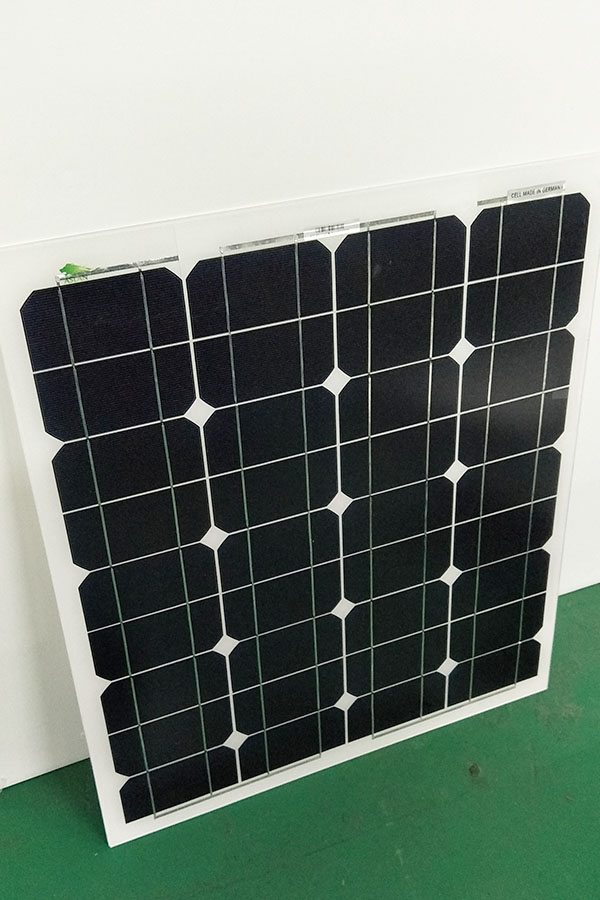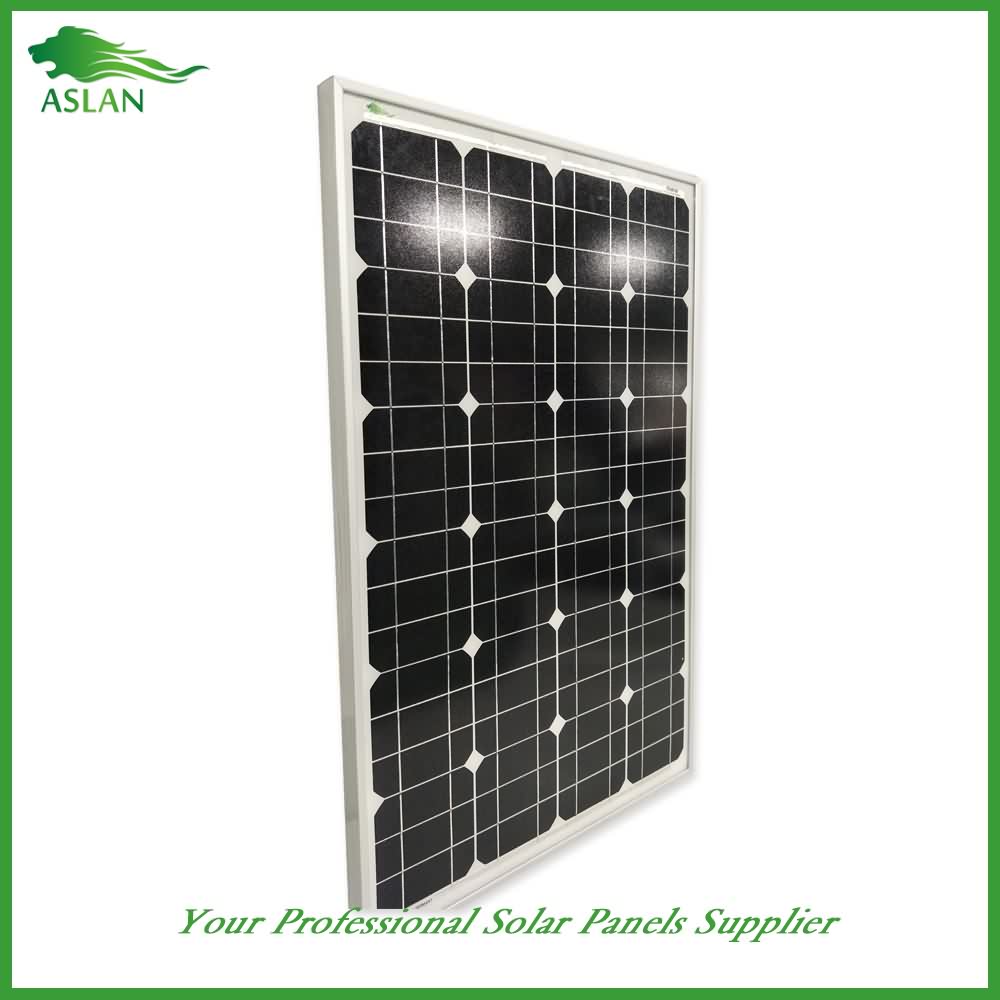High Performance Poly-crystalline Solar Panel 100W Wholesale to Canberra
Short Description:
In order to best meet client's needs, all of our operations are strictly performed in line with our motto " High Quality, Competitive Price, Fast Service " for High Performance Poly-crystalline Solar Panel 100W Wholesale to Canberra, We look forward to establish a long-term business relationship with your esteem co-operation.
Technical parameter
Maximum Power(W) 100W
Optimum Power Voltage(Vmp) 17.87V
Optimum Operating Current(Imp) 5.60A
Open Circuit Voltage(Voc) 21.45V
Short Circuit Current(Isc) 6.17A
Mechanical Characteristics
Cell Type Polycrystalline 156x104mm (6 inch)
No of Cell 36 (4x9pcs)
Dimensions 1120x678x35mm
Weight 9.7KGS
Front Glass 3.2mm,High Transmission, Low Iron,Tempered Glass
Junction box IP65 Rated
Output Cable TUV 1×4.0mm2/UL12AWG,Length:900mm
Temperature and Coefficients
Operating Temperature(°C): -40°C ~ + 85°C
Maximum System Voltage: 600V(UL)/1000V(IEC) DC
Maximum Rated Current Series: 15A
Temperature Coefficients of Pmax: -0.435%
Temperature Coefficients of Voc: -0.35%
Temperature Coefficients of Isc: 0.043%
Nominal Operationg Cell Temperature (NOCT): 47+/-2°C
Materials of solar panel
1).Solar Cell——Polycrystalline solar cell 156*52mm
2).Front Glass——-3.2mm, high transmission, low iron, tempered glass
3).EVA——-excellent anti-aging EVA
4).TPT——-TPT hot seal made of flame resistance
5).Frame——anodized aluminum profile
6).Junction Box——-IP65 rated, high quality, with diode protection
Superiority: high quality anodized aluminum frame, high efficiency long life, easy installation, strong wind resistance, strong hail resistance.
Features
1. High cell efficiency with quality silicon materials for long term output stability
2. Strictly quality control ensure the stability and reliability, totally 23 QC procedures
3. High transmittance low iron tempered glass with enhanced stiffness and impact resistance
4. Both Poly-crystalline and Mono-crystalline
5. Excellent performance in harsh weather
6. Outstanding electrical performance under high temperature and low irradiance
Quality assurance testing
Thermal cycling test
Thermal shock test
Thermal/Freezing and high humidity cycling test
Electrical isolation test
Hail impact test
Mechanical, wind and twist loading test
Salt mist test
Light and water-exposure test
Moist carbon dioxide/sulphur dioxide
Charging a closed loop solar water heating system with propylene glycol.
How to Charge or Recharge Closed Loop Solar Hot Water System
1 ) Determine the direction of flow by looking for the arrow on the pump or a check valve.
2 ) Locate two drain valves (they look like garden hose faucets).
3 ) Locate the shut off valve between drain valves and close the shut off valve.
4 ) Locate closed loop pressure gauge.
5 ) Attach washing machine hose to closed loop exit and place free end in the bucket.
6 ) Fill bucket at least half full of heat transfer fluid HTF (water or polypropylene glycol/water mix). Have more HTF ready to add to bucket.
It takes about 1 gallon to fill 100 feet of 1/2 inch pipe and 2.3 gallons to fill 100 feet of 3/4 inch pipe.
Polypropylene glycol is non-toxic, unlike polyethylene glycol (car antifreeze), which can kill cats and dogs if they drink it.
7 ) Attach washing machine hose to both sides of drill powered pump (glycol transfer pump) and prime drill pump by running it before connecting to entrance drain valve. Be sure it’s pumping correctly (in the right direction).
8 ) Connect drill pump hose to closed loop entrance valve.
9 ) Check to make sure shut off valve between loop entrance and exit valves is in the closed position.
10 ) Start drill pump and open loop entrance valve fully.
11 ) Open loop exit valve fully.
12) Make sure drill pickup hose remains below HTF level in bucket. As HTF level lowers, add more.
13) When loop exit hose stops blowing air bubbles, close loop exit valve while still running drill pump.
14) Watch pressure gauge in closed loop line. When pressure reaches 30psi, shut loop entrance valve while still running drill pump.
15) Shut off drill pump.
16) Watch for pressure drop. Pressure drop could indicate leak in closed loop or air still purging through automatic air vents.
17) If pressure drops and then remains the same after 24 hours, repeat procedure to return pressure to 30psi.
See More At: http://solarroofs.com/
Like Us On: https://www.facebook.com/pages/Solar-Roofs/133355243347332
you may contact us for solar panel installation at you home or office
smartservices4u.blogspot.com
